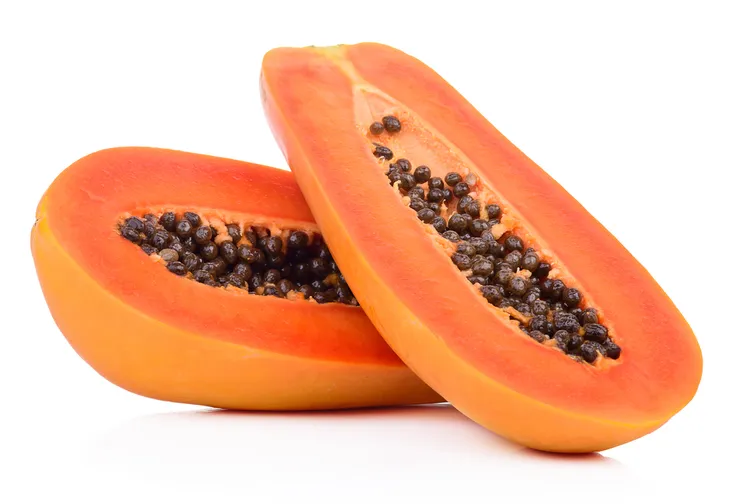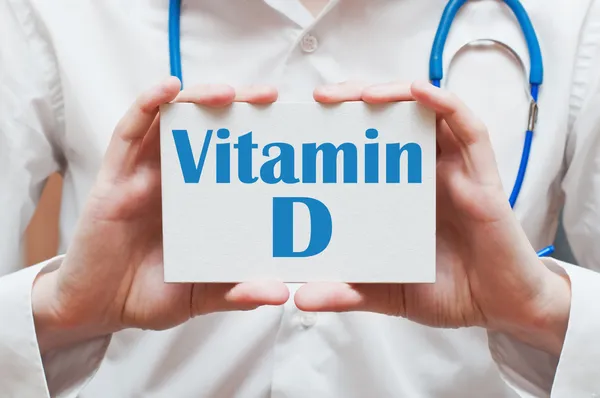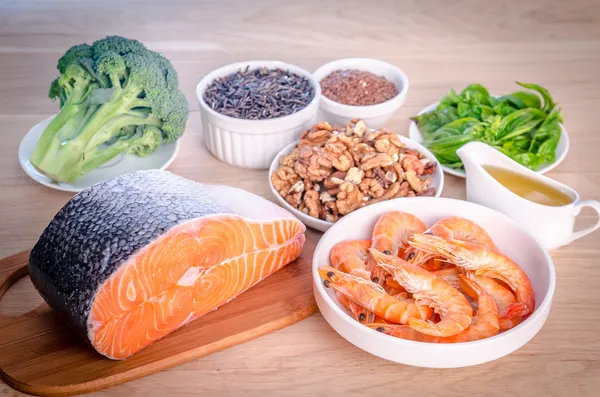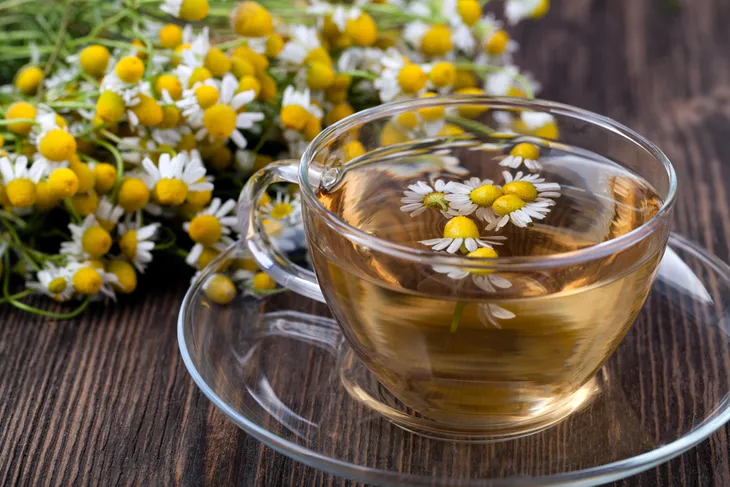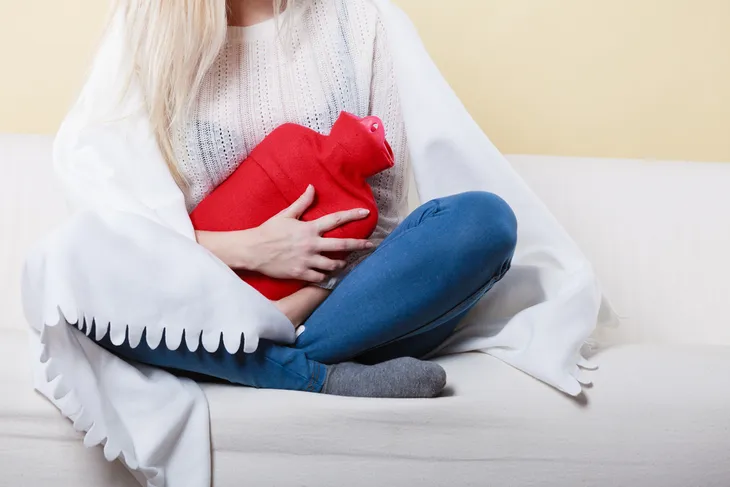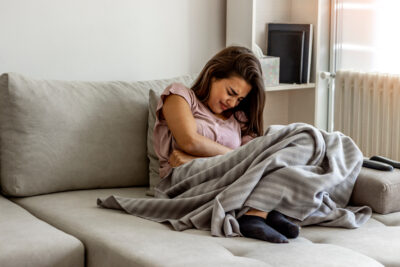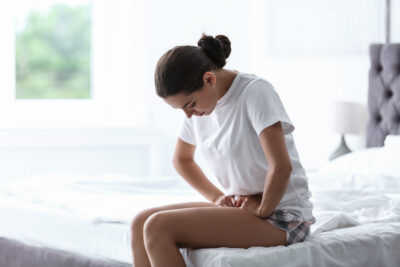Roughly half the population is very familiar with ovulation, a key part of the menstrual cycle that involves the release of an egg from the ovary into the fallopian tube, making that egg open to fertilization by sperm. In most cases, this process lasts about a day, with the egg being reabsorbed by the uterine lining in the event it’s not fertilized.
What impact does this process have on a woman’s body? The answer to that question varies widely, with key factors being their overall health and family history. Many women will find the ovulation process uncomfortable, though some will actually experience significant discomfort and pain. In these cases, individuals may benefit from medication to stop ovulation and eliminate the pain, though there are some natural remedies that may offer relief. Let’s take a look at some helpful tips for managing ovulation pain and discomfort.
Eat Dark, Leafy Greens
For a few years now, dark, leafy greens like kale and swiss chard have been all the rage among nutritionists and fitness experts. That’s because these types of greens contain large amounts of calcium and magnesium, which together can act as a diuretic and may be able to assist in reducing the bloating many women feel during ovulation.
Aside from that, the high levels of fiber in dark and leafy greens means they can keep the digestive system working as it should, thereby helping reduce feelings of bloatedness and constipation, both of which can become an issue during a woman’s period. Of course, because leafy greens contain very few calories, they can also assist in weight loss and the maintenance of a healthy diet.
Avoid Processed Foods
Put anyone in a position where they may feel visibly uncomfortable for nearly a week and you can expect they’ll search for comfort in foods that taste good but may not be ideal from a health perspective. It’s understandable: when it feels like your body is working against you, the temptation is to seek out some level of enjoyment in comfort foods, some of which may be heavily processed and generally unhealthy.
But that may only make things worse as an individual goes through the ovulation process. High-fat, high-calorie and heavily processed foods — from french fries to pizza or chocolate and candy — often taste great but can trigger less-than-ideal reactions in the digestive system. Specifically, they may result in one feeling bloated, crampy, and gassy — all of which could exasperate similar feelings during ovulation. So, to limit these feelings during your period, try to keep unhealthy processed foods at arm’s length as much as possible.
Give Papaya a Try
It may not be the most popular fruit at your local market or grocery store, but chances are papaya is available for purchase. And that’s a really good thing for anyone experiencing difficulties associated with the ovulation process, as papaya contains ample quantities of important vitamins A and C.
Papaya is also rich in an enzyme known as papain, which has been shown to help with flow during menstruation. This could alleviate some of the discomfort associated with ovulation and allow individuals to carry out some essential tasks made more difficult by experiencing their period.
Get Some Vitamin D
One of the most irritating side effects of the ovulation process is a crampy feeling that can resemble the discomfort associated with serious digestive issues. For many women, it’s enough to make leaving the house — or even getting out of bed — next to impossible during menstruation.
That’s where vitamin D may be able to help. Studies have shown that getting more vitamin D — which you can do by taking a supplement, eating vitamin-D-heavy foods, or just getting some sun — can reduce the intensity of cramps caused by ovulation. If you’re not into taking a vitamin D supplement or heading outside, then try eating more dairy, which tends to be high in vitamin D.
Exercise More
When menstruation hits and some of its more irritating side effects — like feeling bloated or crampy — become prevalent, it can be difficult to even imagine going to the gym, heading out for a run, or even walking to work. Put simply, the physical impact of menstruation can make the mere idea of physical exercise rather unappealing.
But there may actually be a lot of value to being physically active during your period. That’s because exercise can help stretch out some of the muscles that may be causing discomfort through cramping. Additionally, physical exercise releases powerful endorphins in the brain, which can help beat the blues that often accompany menstruation.
Get Your Omega 3s
Omega-3 fatty acids can be found in a few different types of food, from nuts like walnuts, almonds and pumpkin seeds to fish like salmon and mackerel. Its health benefits are wide ranging, with research suggesting that eating foods high in omega-3 fatty acids helping improve brain functionality while reducing the chance of developing heart disease.
But omega-3s might also be able to help alleviate some of the discomfort that arises during the ovulation process. That’s because omega-3 fatty acids have been shown to help reduce inflammation, which means foods rich in omega-3s may be able to reduce bloating, cramps, and similar symptoms.
Drink More Water
It may sound somewhat overly simplistic, but drinking more water can represent a fairly straightforward solution to a lot of problems. For example, if you’re feeling sluggish or fatigued, you may be dehydrated — something a tall glass of water could help you overcome.
The same can be true for the discomfort associated with menstruation and ovulation. By hydrating, you can help promote the flow of blood to muscles, potentially alleviating some of the bloating and cramping that often accompanies menstruation. Drinking more water can also help in the digestive process, as a sufficient supply of fluids is critical in maintaining regularity.
Drink Chamomile Tea
Chamomile tea offers a natural way to help you get to sleep, but it can actually do a lot more than that. In fact, the average cup of chamomile tea can assist in boosting an individual’s levels of glycine, an amino acid that has been shown to help relax some of the muscles that contract and cause painful and uncomfortable cramping during menstruation.
Because chamomile tends to make you a little drowsy (though results will definitely vary from individual to individual), it may be best to enjoy your cup of chamomile tea before bed. Not only will the tea help you drift off, but it could help quell the muscle pains that might cause you to awaken in the middle of the night.
Apply Heat
If you’ve ever experienced a particularly grueling workout, you know that applying heat to the impacted muscles can help to alleviate cramps and muscle pain in the days that follow. Although menstruation has little to do with physical exercise, the ovulation process does place significant strain on many of the muscles in a woman’s body, thereby causing considerable discomfort.
To help reduce this pain, apply a warm wet cloth to the areas of your body impacted by ovulation, such as the lower abdomen. This will help to increase blood flow to areas of discomfort, which in turn can help relax muscles and reduce the impact of cramps. You may also want to try alternating between applying heat and cold, as this may help to more rapidly relax sensitive muscles.
Take a Warm Shower or Bath
If it makes sense to apply heat to the muscles made sore by the emergence of the ovulation process, then there’s an obvious and related benefit to taking a warm shower or bath. By applying heat to your entire body, this can help to rapidly soothe sore muscles and get you back on track.
Additionally, taking a long, warm shower or bath can help alleviate some of the general discomfort — both mental and physical — that tends to arise during menstruation.
Rest Up
As with many conditions that leave an individual feeling physical and mentally exhausted, rest can play a central role in helping you get through a particularly challenging menstruation. Although getting some physical exercise could help by stretching sore muscles and releasing endorphins, it’s important to balance that exertion with ample rest and relaxation time.
That also means getting a full night’s rest every night during menstruation. For most adult women, this will mean getting at least seven hours of sleep.
Skip Alcohol
Many of the symptoms that accompany a difficult menstruation — like cramps, bloating and digestive discomfort — can also be linked to dehydration. For that reason, it’s wise to stay away from alcohol, which effectively dehydrates the body, while on your period. Failing to do so could significantly intensify many of the irritating symptoms that come with ovulation.
Although it may not be as fun, try to replace that alcohol with water, and lots of it. And should you feel the urge to drink after all, try to limit the number of alcoholic beverages to consume and avoid becoming intoxicated.



